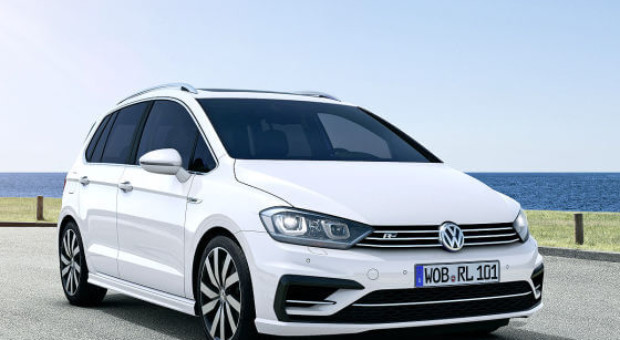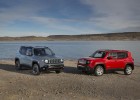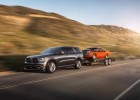
Buying a Private Sale Used Car
Very often used cars get purchased away from dealerships by buyers who find the autos in classified ads, websites like Craigslist and Autotrader.ca, auto magazines and even word of mouth. If you are thinking about purchasing a car from a private buyer, you need to be aware that you need to take extra precautions before you purchase the car. Here are some.
Important Questions to ask of the seller:
- Are you listed as the owner of the car? And are you a dealer?
- How long have you owned the car?
- Does he have a vehicle report for the car?
- Does the car have a BC title?
- How has the car been driven? (Around town vs. long trips)
- What major work have you done on the car? Any Repairs? Has it been repainted?
- Did you buy the car new?
- Why are you selling the car?
You should assume that any unclear or elusive answers is a warning sign for potential problems being hidden from you. If the car seller’s name is not on the paperwork, ask to speak whose name is on the paperwork.
Important Checks Before Purchasing
Before you buy the car, an inspection by a licensed mechanic is a small price to pay for insurance that you are not buying a major problem. If a mechanic is not an option, bring along a friend who is knowledgeable about cars, to help you assess the vehicle.
Early Morning Vehicle Check – If possible, check the vehicle out first thing in the morning after it has sat all night. Start it and see how well it starts up, and then visibly check the vehicle’s exhaust. Dirty exhaust or a strong fuel odor might mean problems.
Has the Car Had Any Accidents? The only way to tell for sure if a car has had accidents is to have it inspected at a body shop. They can tell you immediately if a car has been in a major accident.
Size Up All Repairs – Does the car need ant repairs? Often older used cars may have broken door handles or particularly a windshield. For this type of repair, contact an expert in auto glass repair in Victoria, BC and get an estimate before you purchase.
Free From Strange Noises? – When you start the car and take a test drive do not turn the radio, heat, or AC on and focus on whether there are any squeaks, rattles or engine noises that sound out of place. These could be signs of major issues that need to be inspected before you buy. Once you are sure that none of these issues exist, check the radio, AC and heat to make sure they work properly.
Test the Brakes. The brakes can be a problem area on used cars. While on your test drive in an empty lot, apply the brakes three or four times. If you get a consistent pull, either left or right, while the brakes are pressed, there is a problem. Check brake fluid level because a low level may indicate a brake problem. Bring the car to a complete stop and hold the brake pedal down, then push on the gas pedal. If the brakes don’t hold, there is a brake problem. If the engine dies, it may indicate a problem with the engine.
Check the Tires – All tires should be worn evenly and the tread depth should be evenly worn as well. Uneven wear could mean improper wheel alignment, worn shock absorbers or springs, or even lingering issues from a previous accident.
Check Under the hood. When the engine is off, check that the hoses are in good condition and when you start the engine, check that they and the battery are free of leaks. Use the dipstick to check the oil. If it is dark and dirty, the car may not have had good maintenance. Check the transmission fluid. It should be a medium red color and not smell burned. When the engine is on, check for any smoke or steam and look for leaking radiator fluid. Another key test is the spark plugs which should be checked by someone who knows how to do this safely and proficiently.
Finally, check if there are any liens on the car. Check the car’s serial number with the Personal Property Registry. CarProof can do a Canada-wide lien search for a fee. And, buy a vehicle history report from ICBC to find out if the car has been in an accident.




















